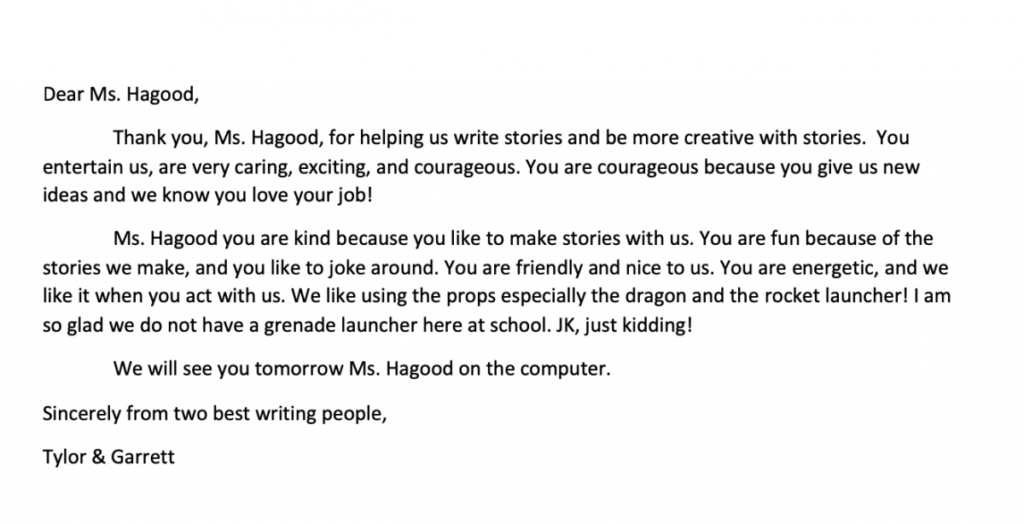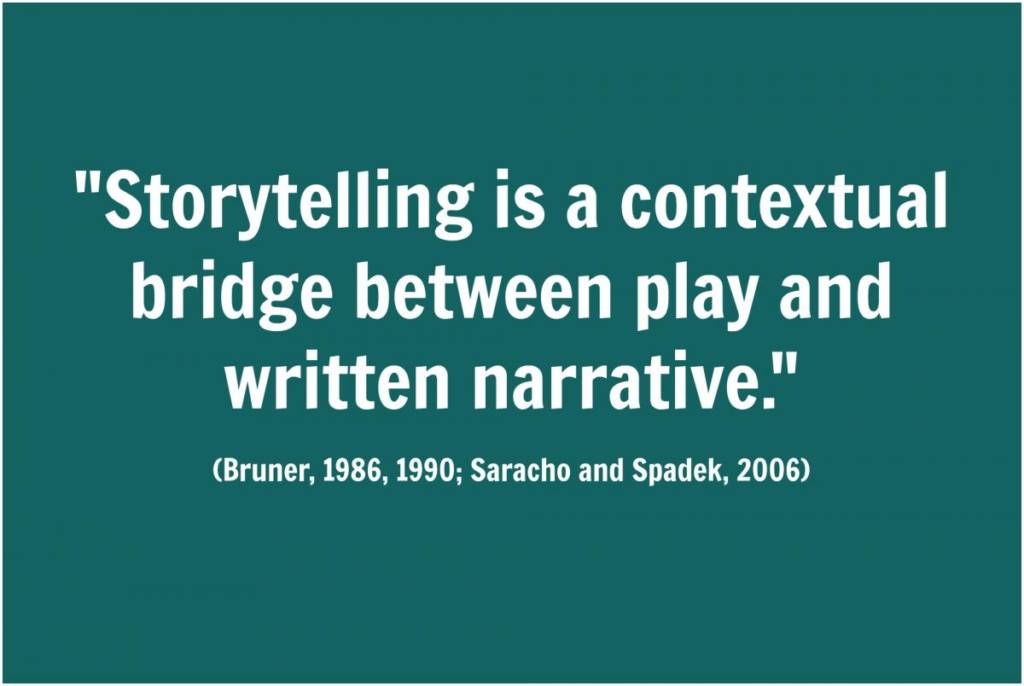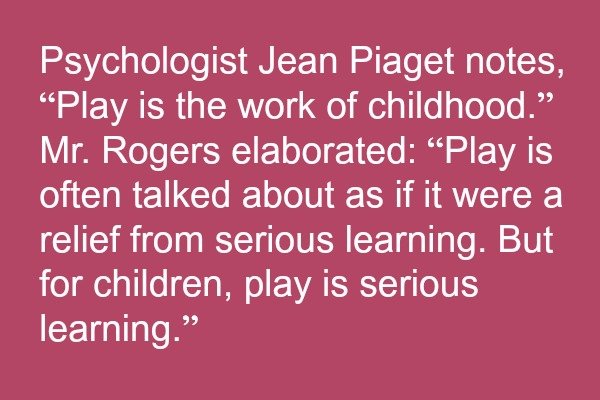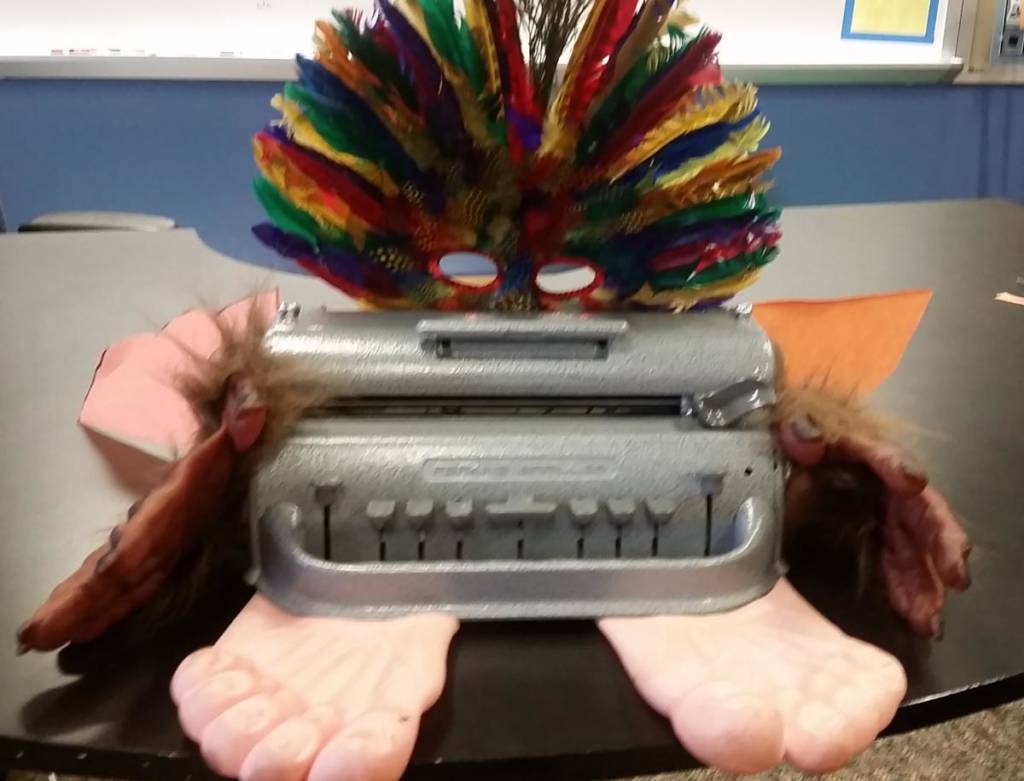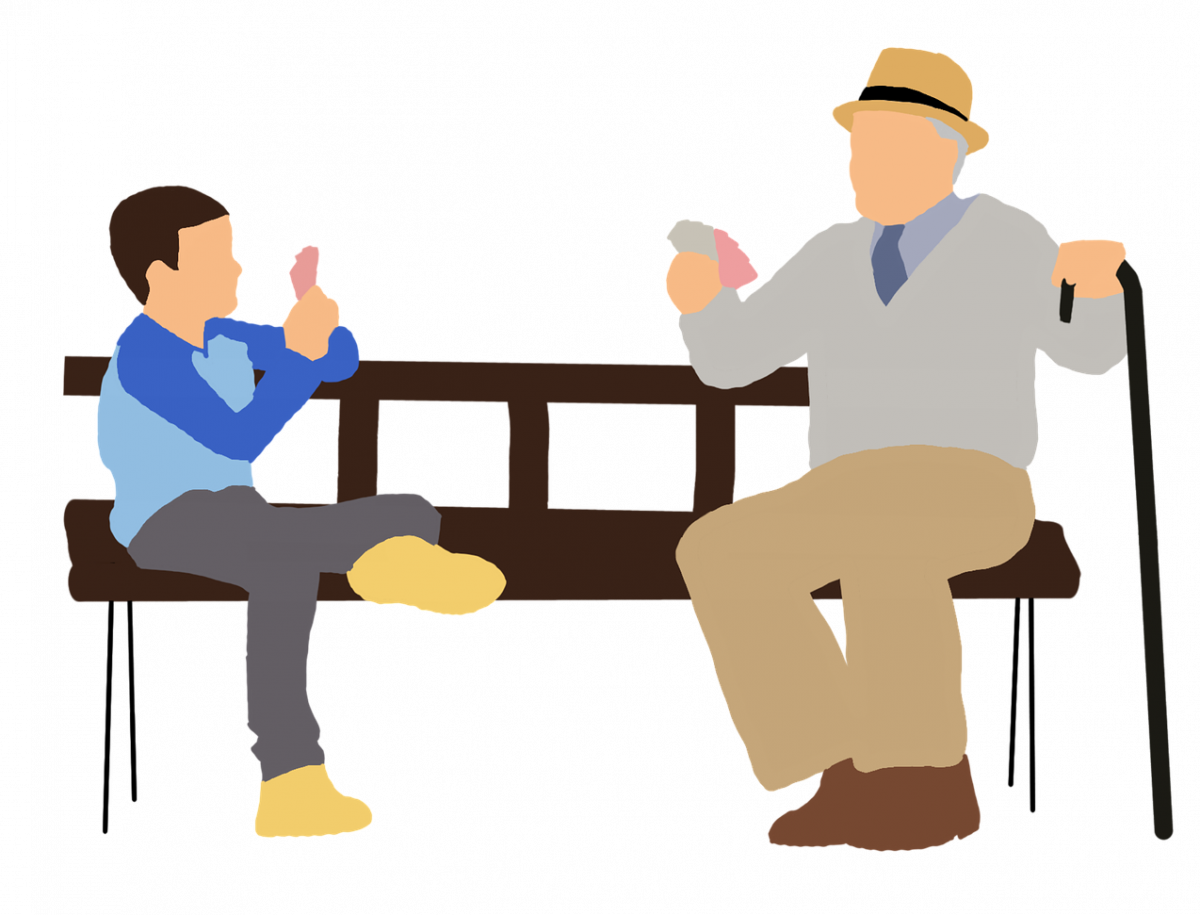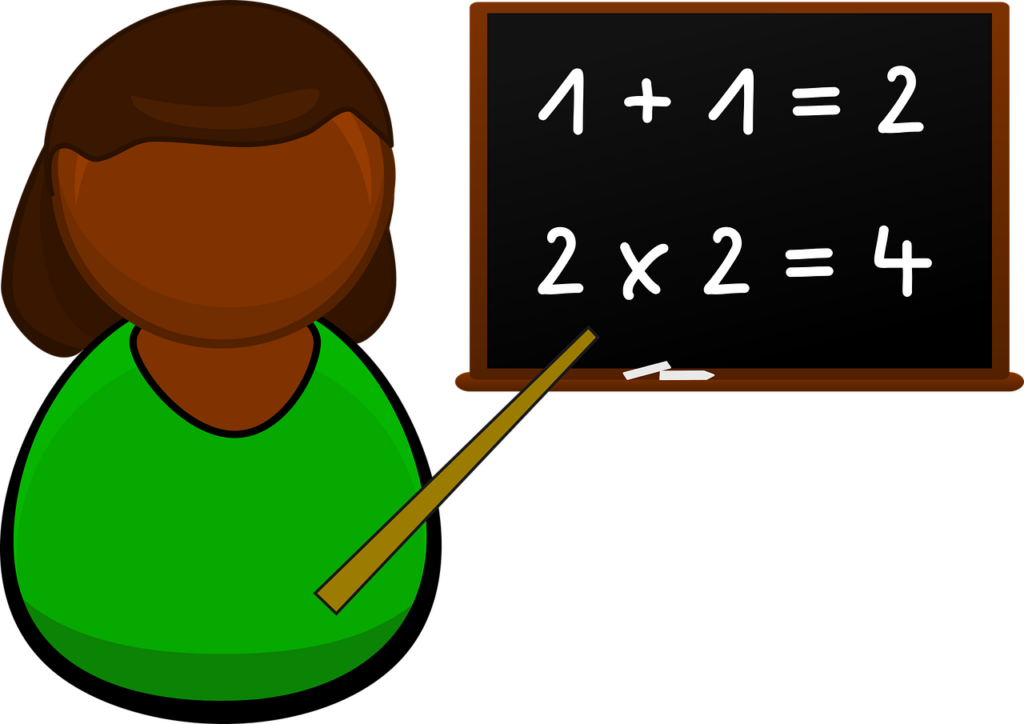If you want your children to be smart, tell them stories. If you want them to be brilliant, tell them more stories.”
Albert Einstein
Storytelling is part of our humanity. This is true no matter what disabilities or challenges we face. Children who are blind, visually impaired or deafblind (many of whom have additional challenges) benefit from learning to tell stories. They develop cognitive, communication, social and emotional skills through this activity.
“Storytelling is the oldest form of teaching. It bonded the early human communities, giving children the answers to the biggest questions of creation, life, and the afterlife. Stories define us, shape us, control us, and make us. Not every human culture in the world is literate, but every single culture tells stories.
Stories create magic and a sense of wonder at the world. Stories teach us about life, about ourselves and about others. Storytelling is a unique way for kids to develop an understanding, respect and appreciation for other cultures, and can promote a positive attitude to people from different lands and religions.” —Yash Patel, Importance of Storytelling in Child Development
